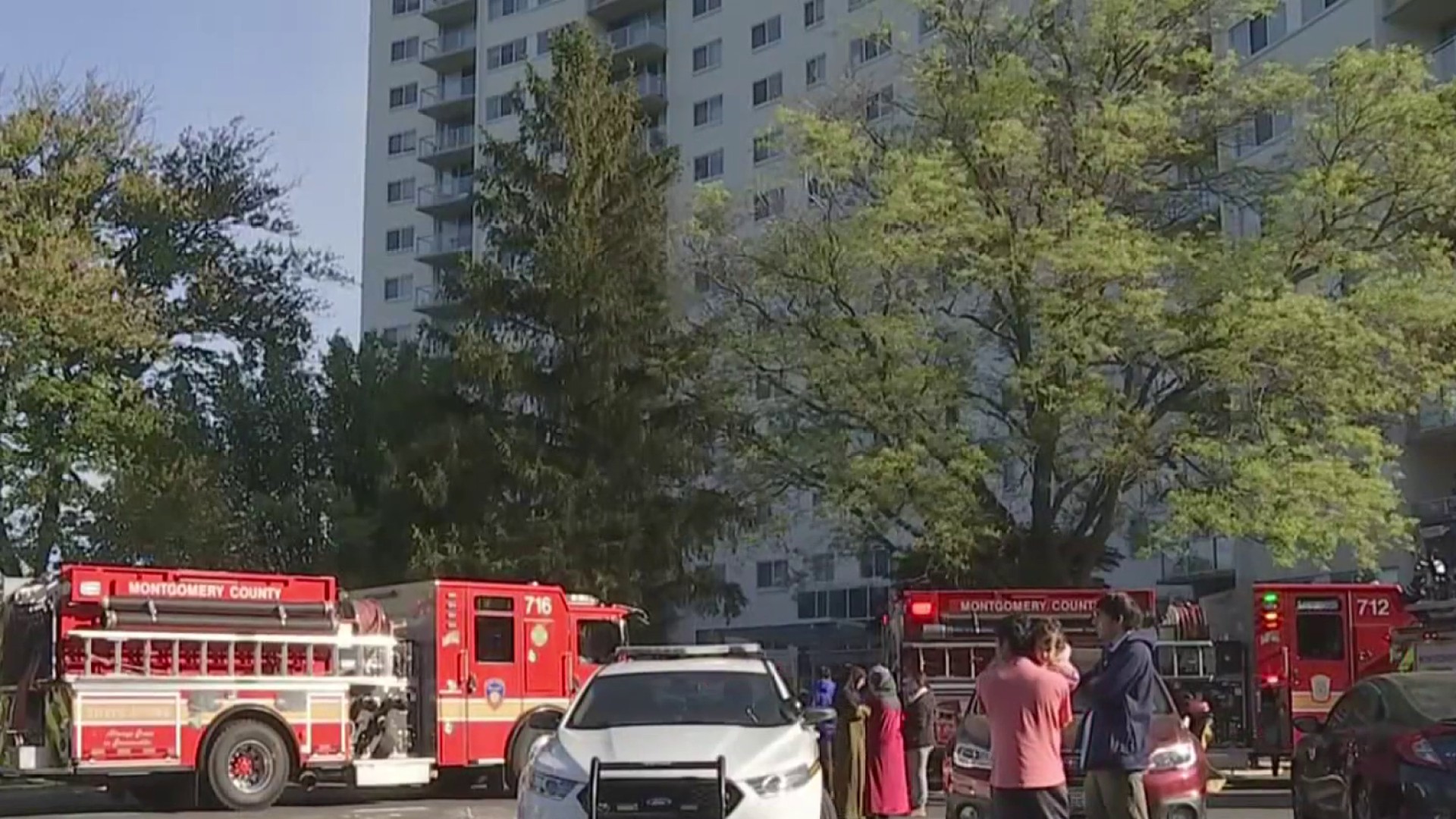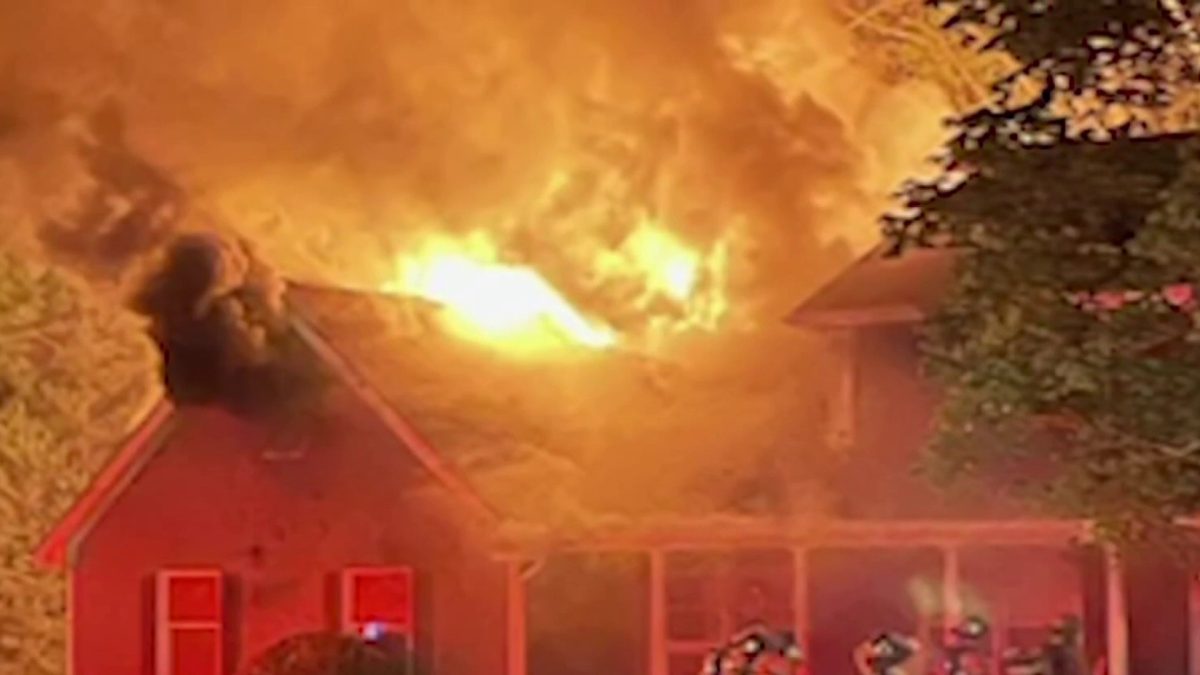Final Fort Hill/Dunbar Fallout: You Can No Longer Use the ‘N-Word’ on the Gridiron in Maryland was originally published on City Desk on Aug. 25, 2009, at 4:48 pm
At its regularly scheduled meeting next week, the board of the Maryland Public Secondary Schools Athletic Association, which runs high school sports in the state, will be presented with a revised code of conduct for all athletes under its jurisdiction.
The biggest addition to the code will be a clause prohibiting the use of any racially charged language during sporting events sanctioned by MPSSAA.
“There was no section on racial slurs before,” says Shanetta Paskel, spokesperson for Maryland Attorney General’s office. The AG’s office worked with MPSSAA on the new wording.
The MPSSAA board’s vote on the slurs clause will be the final official action related to the fiasco that was the Dunbar/Fort Hill high school football game held last September 19.
Dunbar coach Craig Jefferies pulled his team off the field with about four minutes left in the third quarter with his team leading 14-8, but with host Fort Hill on the verge of a go-ahead score. Referees had just flagged Dunbar with three consecutive unsportsmanlike conduct penalties. The first flag was thrown when a Dunbar player, arguing with one of his assistant coaches on the sideline, kicked his helmet onto the field right in front of a referee.
The second 15-yarder was called after a very late hit by Dunbar on the very next play, again right in front of a referee. And the third came when Jefferies walked to the middle of the field to yell at the referees as they’re marching off the late-hit penalty. “Highlights” of the debacle are available on youtube, and while there’s no way to tell what was or was not said on the field from watching the clips, any objective observer would conclude that all three flags against Dunbar were justified.
Local
Washington, D.C., Maryland and Virginia local news, events and information
But after getting flagged himself, Jefferies never goes back to the sideline or says anything to Fort Hill’s coaches; he simply waves his team to follow him out of the stadium. The Dunbar players taunt the crowd on their way to the exit.
In the days after the game, which was declared a forfeit victory for Fort Hill, Jefferies said he walked out because Fort Hill players were calling Dunbar players “the N-word,” and he feared the situation would get violent if the game continued.
Post-racial America was still months away. So the Dunbar coach’s charges caused the U.S. Department of Justice to get involved. A mediation officer organized a meeting with officials from both schools and both school districts (Fort Hill is in Allegany County, Md.). Tim Johnson, the federal mediator from the DOJ’s Community Relations Service (CRS) who organized the meeting, which included coaches, principals, athletic directors and district administrators, said he would be issuing a report on his findings following the summit.
Johnson’s office, however, never produced any such report.
Johnson has since retired, and his replacement at CRS says the office is no longer involved in the Dunbar/Fort Hill matter.
Carl Snowden of the Office of Civil Rights of the Maryland Attorney General’s Office also announced shortly after the Dunbar/Fort Hill game that his agency would said be conducting its own investigation of what took place on the field.
The Office of Civil Rights, however, never did investigate or disclose why it dropped the investigation.
A source within the office says the investigation was scrapped after state officials determined that even the worst hate speech on a football field was protected by the First Amendment.
Under orders from DCPS Chancellor Michelle Rhee, McKinley Tech canceled a scheduled game with Fort Hill scheduled for a few weeks after the Dunbar debacle.
The lack of any third-party report leaves the charges against Fort Hill hanging.
Before and during the mediation session, Fort Hill coaches, players and administrators denied anybody with the school used racial slurs against Dunbar, and still deny ever using racial slurs against Dunbar.
“We talked to the game officials, the police, everybody we could,” says Fort Hill principal Steve Lewis. “What we said is we can’t find anything, anybody who heard anything. I’m not naive enough to say something couldn’t have happened that somebody didn’t hear, but there were five officials. It’s a bad situation. Dunbar’s got a good tradition, a strong program; we’ve got a good tradition, a strong program. Hopefully, we can put it behind us and learn from it.”
Lewis says that he submitted all his findings to Allegany County school superintendent’s office after the mediation session, and that those were forwarded to Tim Johnson at the mediation meeting, as both school districts were supposed to do. Lewis says he was told Johnson would be issuing his report shortly after the meeting, but that the reason no report from DOJ about its findings was ever issued was because DCPS and “Dunbar never did submit their report.”
A call to Rhee’s office for comment on the Dunbar/Fort Hill matter was not returned by deadline.
Fort Hill went on to make it to the Maryland Class 1A championship last season. They were beaten, 20-19, after a last-second touchdown by Dunbar…of Baltimore.
There are a few legacies of the Dunbar/Fort Hill game: Fort Hill’s 2009 football schedule, for one, includes no DC schools.
And, again, there’s the hate-speech clause proposed for the MPSSAA’s code of conduct. “We expect this revision will be adopted without opposition,” says Paskel.
In other words, the Maryland Attorney General’s office has determined that from now on, the First Amendment won’t save you from getting a 15-yard penalty.



